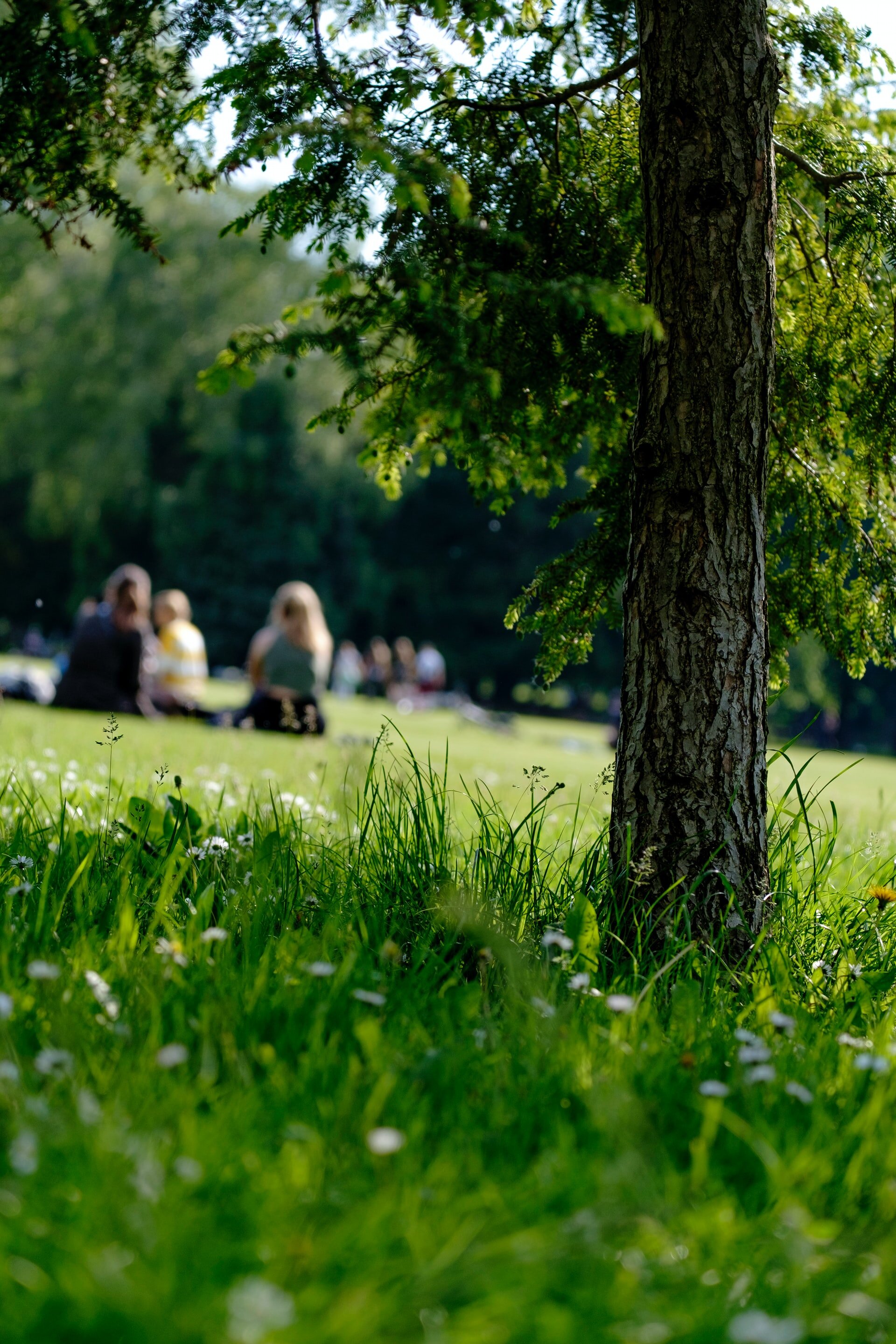Getting back to just 'being' in person. . .
Meeting people face to face and not just through a screen can be quite rejuvenating. Why is that?
Screen time of whatever sort requires quite a different type of concentration, something many of us will have discovered during Covid-19 lock down. It's what we call ‘focused attention’ rather than ‘broad attention’. Focused attention is what we do when we do tasks . But focused attention is also what happens with anxiety, and also often involves tension in the body, as you focus on the screen, or the people in the videos, trying to read signals and body language in two dimensions. It can feel tiring and draining of energy, because it is.
Open awareness
When we meet face-to-face we tend to open up, we sit back and connect with others. We engage our senses in more open and spatial awareness. We become more present, talking and observing and broaden out our attention. This causes the body to relax, to calm down. Tension reduces, the shoulders relax, breathing becomes more gentle, pulse rate and blood pressure lower. Ah! That feels better.
And while online therapy has been a life-saver for many, and can work remarkably effectively for many people, it's not quite the same as being in the same room with someone, where trust and rapport have been established. There is not the same spatial awareness and connectedness of being in the same space; sharing the same space. And being on neutral ground can also be empowering, not having to be aware of others in the flat/house, or trying to find a private space.
As a therapist, the therapeutic relationship with a client is central to effective therapy and delivering against therapeutic goals. Similar to with therapy, many people have been missing in-person engagement with work colleagues. Zoom coffee mornings or 'virtual pub' chats are OK in the absence of anything else, but they're unlikely to be the stuff of long-term team building or relationships without at some point meeting face-to-face. For students (and staff) too, meeting and just 'being' with colleagues/peers is how you make friends, how short chats and longer conversations happen by accident, serendipitously, rather than by Outlook appointment. Spontaneity, rather than by meticulous planning and timetabling.
Being mindful…
'Being' is what mindfulness is about - being in the present moment and connecting with your surroundings, rather than 'doing' - busy doing something, or engaged in thoughts. Our online life over recent months has been all about 'doing', even many forms of recreation, exercise, creating music etc online, has involved us in engaging in 'doing' mode. But many people who have been able to access the outside - in a garden, balcony, or a park - have begun to experience 'being' mode for themselves by their new-found connectedness to nature, aware for the first time of bird song in city centres, of the seasons changing, of astonishingly clean air and quietness. All features of using our senses in the present moment. And the comfort and peacefulness that brings.
Relative risk…
As we get back to meeting physically again, many may be wary, concerned about the risks of catching or spreading the coronavirus. Others will be relieved, excited. But the risks near the bottom of the downward pandemic slope (for most people) are very different from the beginning, when we were on a rapid upward trajectory. And we now know how to limit the spread of the virus. However promising vaccine research might appear to be, we are in the very early stages of that, and it will be some time in coming, if it does (we still don’t have one for HIV after more than 35 years).
We will have to live with Covid-19, even if a vaccine is forthcoming. Total eradication is unlikely to be a realistic goal, given its global reach. So for the foreseeable future, we can take the necessary precautions. We know what to do: distancing, face coverings and hand hygiene (or hands, face, space as we are now being told); all of which help to reduce a relatively small risk (for most) even further, helping to protect everyone (including the most vulnerable); allowing us to get back to seeing real people in person again. Back to just 'being'; and being human.
New normal for students?
For students starting or returning to university this Autumn, most are likely to experience mixed-mode offerings, with a focus where possible on providing quality engagement time in small groups, labs etc; time to meet, learn, study and talk in person. And the online environment can support and enhance that, and provide the platform for what might have once been delivered as content lectures. Different maybe, but potentially offering some exciting new opportunities. And creating flexibility to be able to cope with whatever happens with Covid-19.
In environmental terms, it allows for ongoing adaptive management, responding to circumstances as they arise and questioning assumptions in light of evidence (‘double-loop’ learning). However you look at it, it is hard to see universities going back to the old normal. It will take a year or two for the new normal to be refined, but the efficiencies the mixed mode will bring (eventually) reflect what may otherwise have taken another 5-10 years to achieve. Covid-19 isn’t going away anytime soon, and future pandemics are inevitable (as this one was). So universities, as other organisations and companies will have to do, will need to build resilience into their long-term business models.
Students beginning their university careers this autumn will be pioneers, not just in their studying, but in the skill sets they take forward into their working life. And while much of the news focus is on the negative impact of Covid-19 on the economy and jobs, such a major disruption of the status quo is likely to be a real impetus for new ways of working, new business models and, hopefully greener ways of doing things.
But getting there, with new study modes, will take some adapting. Building self-awareness, personal resilience and long-term well-being needs to be integral to teaching and learning. A greater openness about mental health has already been triggered by Covid-19; that has to be a good thing.
I started this blog talking about meeting real people again. An openness to talk and share, cultivating empathy with and compassion for others - and ourselves - can be a real positive of the new normal. Reaching out - not shutting down - is the starting point. Talking - online and especially in person - is key.
And we all have agency in this - to focus on the present and engage in the process of living, learning and working, focused on what we have control over, rather than anxious about uncertainty in the external world. And, as the Stoics had it, cultivating a sense of being ‘indifferent' to the things over which we have no control - they are neither good nor bad; they are what they are, even if we might have a preference.
‘Real’ people - meeting again!
Bill Sheate, 7 August 2020




